Can a Car Run Without a Catalytic Converter?
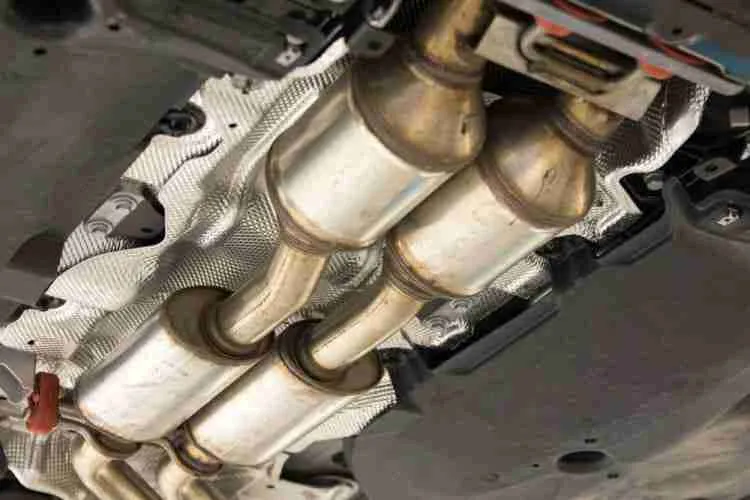
Can a car run without a catalytic converter?
If you own a car, chances are, it has a catalytic converter. These are found on the exhaust line between the muffler and the engine. Basically, this controls the pollution level from harmful emissions.
It is a vitally important component of your car, extinguishing any dangerous gases before they leave the exhaust and enter the atmosphere. The catalytic converter converts these harmful emissions into environmentally friendly gases so they can enter the atmosphere safely.
A faulty catalytic converter can cause black smoke to pump out of your vehicle. Just from the look of that smoke, it’s obvious to see it is not good for the environment.
Depending on your driving style and the amount you drive, these converters should last around 10 years or 70,000 to 100,000 miles.
Eventually, they will need replacing but what if you don’t replace them? Many people believe they can drive safely without a catalytic converter. We are going to discuss if this is indeed true or not.
To put it simply, a catalytic converter helps increase the lifespan of your vehicle. It filters bad elements in gases such as carbon monoxide, nitric oxide, and unburned hydrocarbons before releasing the gases into the open air.
These toxins were typically found in classic cars of the 1970s but can still be seen in some older vehicles today. To keep the atmosphere clean and fresh, especially in cities, cars must have a catalytic converter by law.
As soon as you start your car, the catalytic converter jumps into gear. Its honeycomb frame with palladium, rhodium, or platinum metals helps diminish the harmful gases before any risk is possible.
Although a catalytic converter is seen as an essential component in a car today, it is possible to use your car without one.
However, you should bear in mind that without one, those harmful toxins will be going straight into the atmosphere and the lifespan of your vehicle’s engine and exhaust system will become considerably shorter.
It is advised that you install a new catalytic converter as soon as you find out it is faulty or too old.
If your loss of a converter is not impacting other components of your car, you can still drive it for a short time. Nonetheless, you must replace it as soon as possible as it is illegal not to have a fully functioning converter installed. If you don’t do this, there could be serious consequences.
What can cause problems to the catalytic converter?
Nearly all problems with a catalytic converter start in the engine. Engine trouble can occur because of a variety of factors such as excess fuel moving the exhaust line or a mixture of the wrong fuel. Such problems can severely reduce your catalytic converter’s lifespan.
If the wrong fuel is mixed, this can cause unburned combustion of the engine. If this happens, the catalytic converter reaches a high temperature and begins melting in the system. It can also break some material parts in the important honeycomb structure rendering the converter useless.
Further issues that can cause harm to the catalytic converter are the use of second-hand valve seals, a worn piston ring, or poor-quality gaskets.
These can cause oil to leak into the exhaust line, as well as antifreeze, and leave a thick coat of carbon in the catalytic converter. This will then result in the converter becoming stuck.
If the exhaust flow is blocked, dangerous toxins will seep out of the air and cause many problems such as overheating and burning. All of these issues won’t only diminish your catalytic converter’s lifespan but will help destroy your car.
Without proper maintenance, your vehicle will find it very hard to run smoothly for long, especially with a damaged catalytic converter.
Signs of a Damaged Catalytic Converter
As we have mentioned, some common instances can damage your catalytic converters such as street debris and power overheating.
Here we will discuss the most common signs that you may need a new converter.
Engine Overheating
If the catalytic converter is too hot when it is running, your car’s power may misfire.
A combination of fuel in the oil tank can also be a danger sign as raw fuel should not be in contact with the converter as it may melt components of the catalyst.
Engine Power Loss
If you lose power when boosting your car such as up hills, the most common problem is the catalytic converter. To check this, inspect the exhaust line and get professional help if needed.
You should keep your vehicle’s rpm from 1800 to 2000 when you check by pushing behind the tailpipe. If the exhaust flow is hot, your catalytic converter is fully blocked.
Fuel Vapor Should Be Checked
If a vehicle has a carburetor, this can sometimes cause issues with the catalytic converter. This is typically installed in place of fuel injection. If this is so, you should remove the air cleaner and inspect it inside with a flashlight.
If a cloud of fuel vapor is visible, your converter is most likely blocked and needs to be removed.
Poor Performance Overall
If you notice your car performing poorly over time, it could be another sign of a deteriorated converter.
This happens due to the pressure on the exhaust system creating trouble and possibly blocking the converter.
In summary
As you can see, a car can run without a catalytic converter but driving without one can cause serious consequences for both you and the environment.
In some states, a smoking exhaust pipe is a very serious offense. If you are caught without a converter, your vehicle will fail an emissions test and you could face a hefty fine. This could even prevent you from buying your next car.
Old cars from the 1970s and before can run without catalytic converters but these still cause environmental damage. Most of the time, a vehicle’s impact won’t be too damaging at first without a catalytic converter but before long, problems will begin to occur.
If you see smog coming from your car, chances are, you need a new catalytic converter. You should change it as soon as possible for the health of you and those around you.

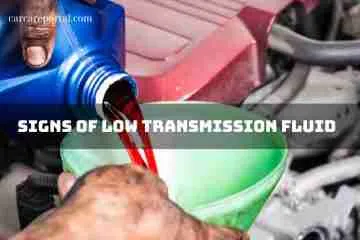


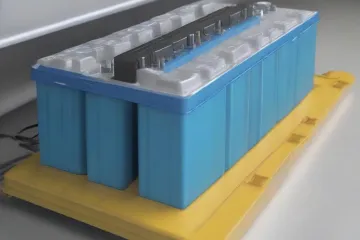

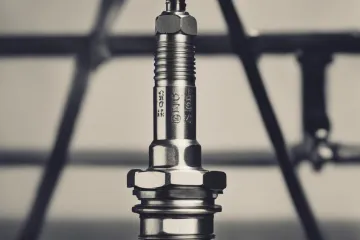
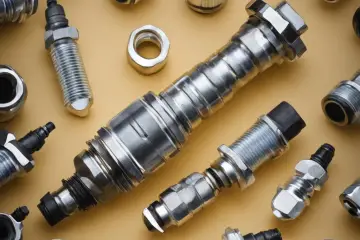

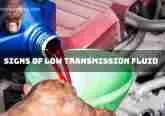



No Comment